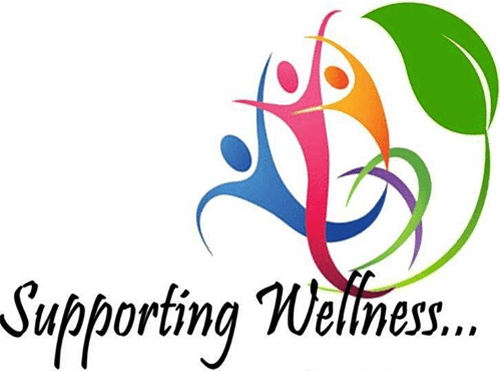Some mornings, just getting out of bed feels like dragging yourself through mud. The phone buzzes on the nightstand. You glance at it, sigh, and put it down. Plans get cancelled again. Coffee with a friend gets skipped. The effort to fake being “okay” feels heavier than anything else.
If that sounds familiar, you’re not broken and you’re definitely not alone. There’s real help out there, not the quick-fix kind.
Depression Feels Different from Sadness
We all hit low points. But depression can drain your energy even when you’ve done nothing. It can turn small choices, like lunch, a shower, or sending a text, into a mental obstacle course. You might feel guilty for things you can’t control, or you might feel nothing at all. No spark. No interest. Just flat.
Some people say it feels like moving through heavy fog. Others feel like they’re watching their own life from far away, unable to join in.
Talking Can Make a Difference
That’s where depression counselling comes in. It’s a structured conversation, but with someone trained to notice what’s underneath the surface. A counsellor isn’t there to fix you or tell you what you should feel. They help you sort out the thoughts that keep you stuck in a dark space. Talking can make those thoughts feel more manageable. They help you figure out why certain moments hit harder than they should.
There are different styles of counselling. Some focus on catching unhelpful or inaccurate thoughts, like that voice that insists you’re failing even when you’re doing your best. Others dig into relationships and the invisible pressures that come with them. There are approaches that teach grounding and breathing techniques for the days when anxiety takes over.
There’s no one “right” way. What helps your friend might not work for you — and that’s okay. Part of healing is finding the person you can actually open up to.
Building Your Support System
Outside the therapy room, support matters too. A couple of people in your corner, even if they do not fully get it, can make the dark days feel lighter. There are groups and community programs (including online) where you can show up exactly as you are.
And then there’s the everyday stuff. Moving your body a little, even if it’s just down the block. Eating something that isn’t coffee or crackers. Don’t let the thoughts pile up in your head. Writing them down can quiet the noise. These things don’t magically cure depression, but they can give you tiny footholds. Enough to take the next step.
Your Path Forward
There are days when it feels like everything has closed in, and you’re pushing through the same grey morning over and over. It’s exhausting. And it’s hard to believe anything could change.
But you’re still here. That in itself is a kind of strength.
Asking for help doesn’t mean you’ve failed. It means you’re still here and still trying, even when it’s hard. That takes strength.
When you feel ready, with no rush, reach out. Give yourself that first messy, human step. Contact us. We’ll walk with you with no rush and no judgement, one step at a time.

